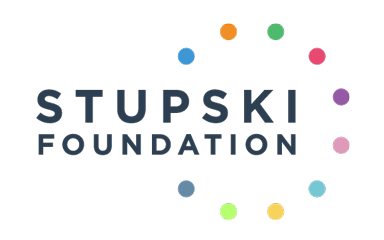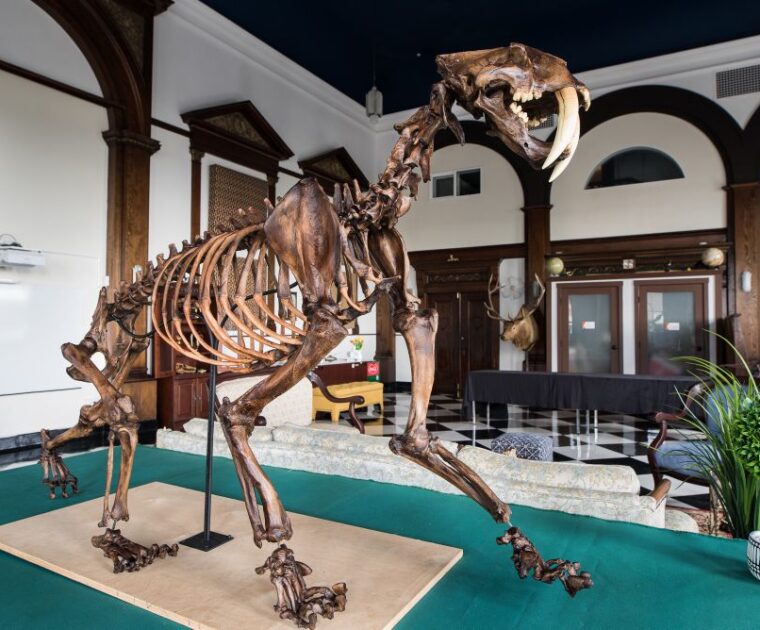
Postsecondary Success
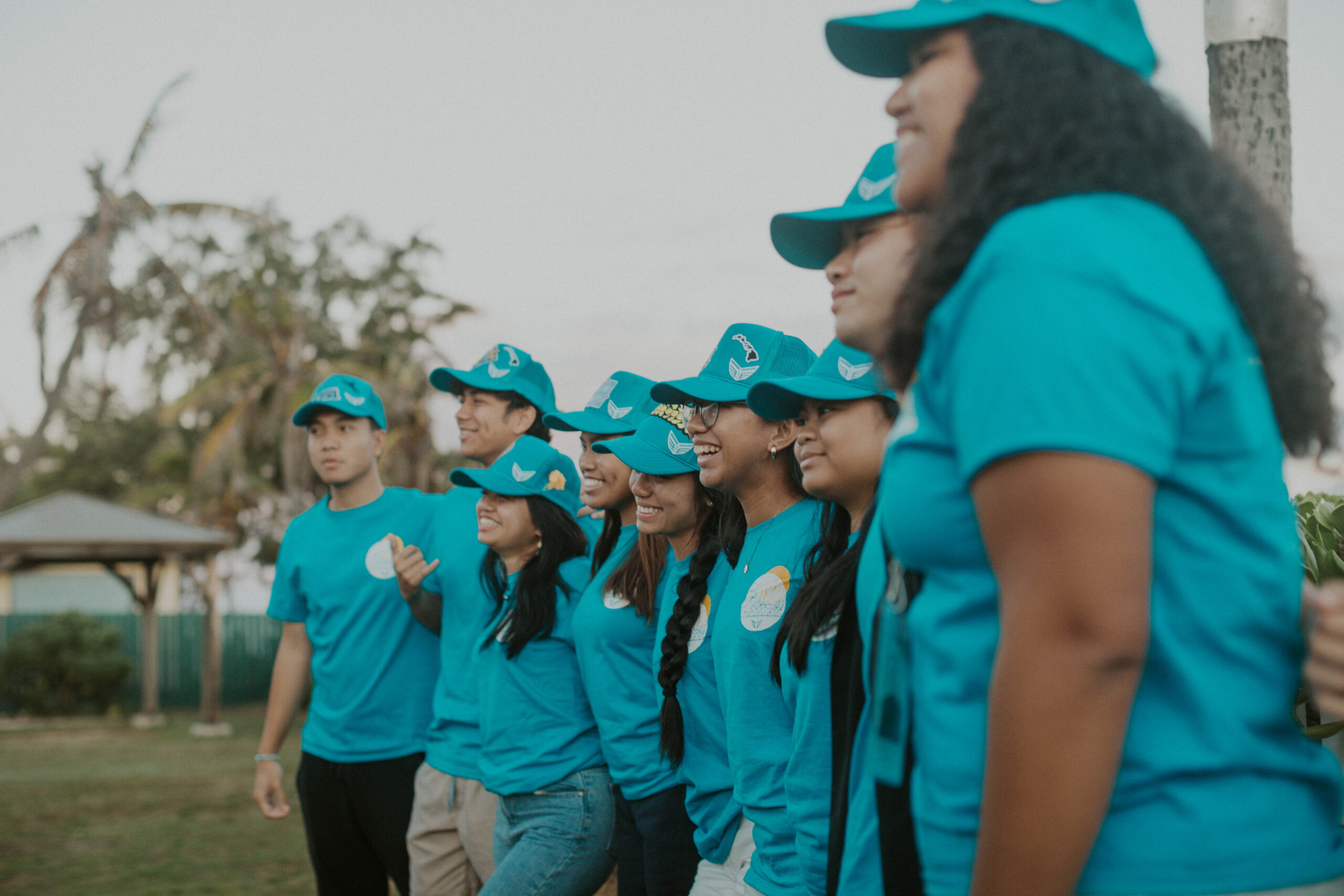
All young people have the right to accessible postsecondary pathways that enable them to live, learn, and thrive in the communities they call home. We foster relationships with community and institutional partners in the Bay Area and Hawaiʻi, prioritizing care and wellness while centering youth voices to shift power, policy, and practice in the postsecondary ecosystem.
We trust student perspectives because students are most deeply impacted by our funding decisions and are also attuned to the solutions that will be most effective for their generation. Accordingly, we engage in a suite of grantmaking practices, from our internship program to including the community in our decision-making processes, and respond to the wisdom and unique contexts of each region where we work.
Supporting student-led change
Hawai‘i’s rich cultural history provides a unique mix of traditions, values, and opportunities, creating a strong foundation for community-led initiatives that are deeply rooted in cultural significance. We are committed to supporting our dedicated partners as they uplift Indigenous knowledge, preserve and promote culturally significant practices, and increase equitable access to college and career opportunities. Our partners empower Hawai‘i’s youth to live, learn, and thrive in the communities they call home for generations to come. Our ongoing and evolving collaboration with these partners focuses on underserved students and rural communities on the neighbor islands, where some of the most significant barriers to postsecondary success persist. These communities are also contending with the high cost of living, limited affordable housing, and a shortage of job opportunities, which further compound the challenges for students and their futures. We are committed to supporting our dedicated partners so that Hawai‘i’s youth can grow, live, and comfortably raise their own families on the islands that they call home.
In the Bay Area, a place with significant opportunity stemming from its history of activism and innovation, all students should have the support they need to achieve their educational goals and unlock an array of career opportunities. However, every year, thousands of highly capable students in San Francisco and Alameda Counties graduate from high school but do not have the opportunity to go on to earn a postsecondary certificate or college degree, making it more challenging for them to earn enough money to live in the Bay Area where the cost of living is the highest in California. Meanwhile, the need for higher education and technical training for jobs has increased dramatically and will continue to grow. We believe in an inclusive Bay Area where all youth can access quality education and employment. We are committed to supporting our partners that are dedicated to improving advising services, paid work-based learning opportunities, and holistic student support systems that make college and living expenses more affordable. In addition to funding anchor community-based organizations (CBOs) and institutions, we heavily invest in long-term policy wins that are made for and led by young people.
Youth leaders play a vital role in creating social change in their communities. Since 2020, Stupski has had the opportunity to learn from local youth and young adult advocates to improve our grant-making strategies and deepen our work with community partners in the Bay Area and Hawaiʻi. Our internship program is for college-age youth and young adults who want to bring their ideas for social change to inform our work in food justice, postsecondary success, health, communications, and grant-making operations.
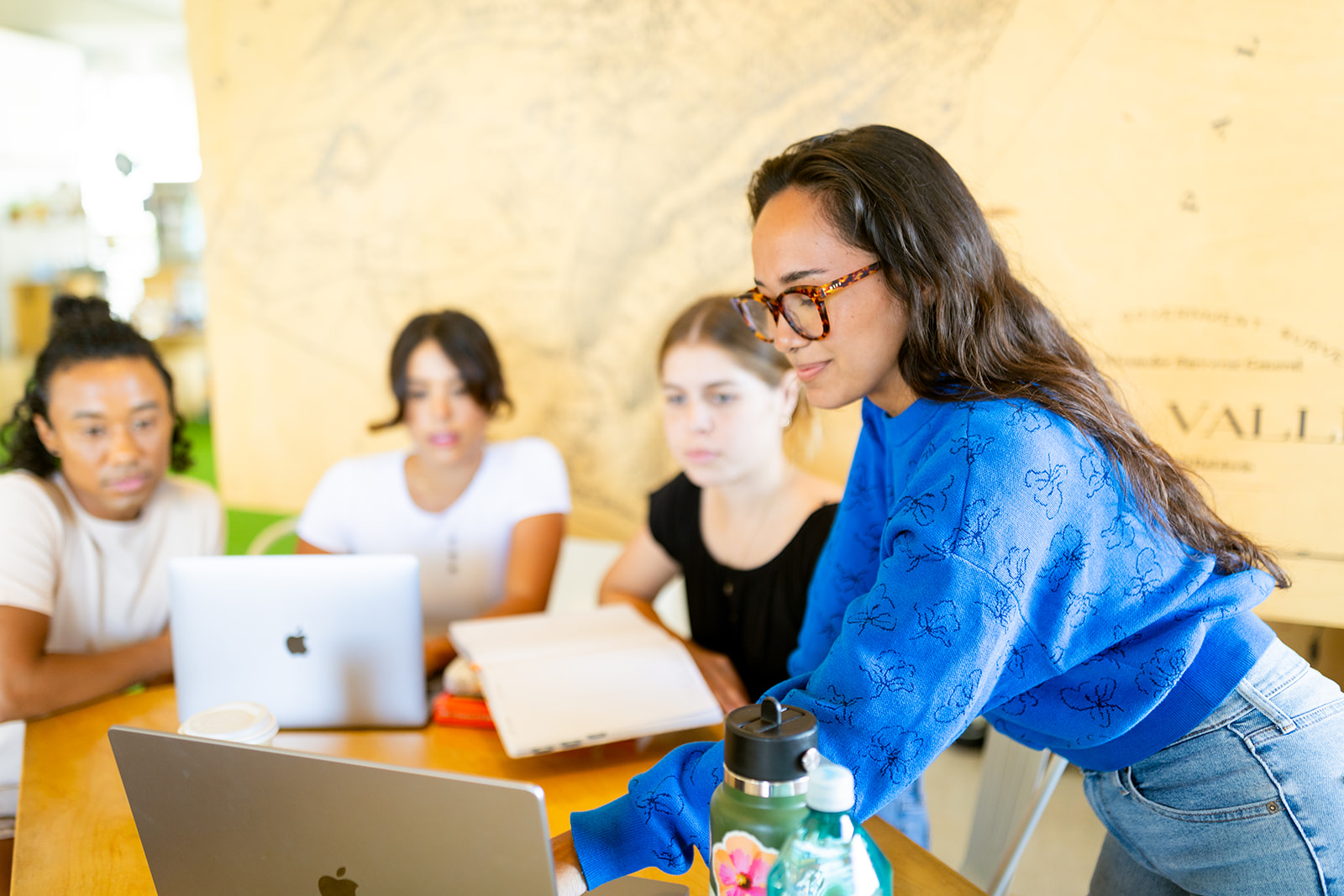
We partner with CBOs and local university systems, such as the California State University (CSU) and the University of Hawaiʻi (UH) System, that deliver and/or enhance academic, financial, and career advising offered in high school and college.
We partner with CBOs that offer paid work experience to young people in underserved communities, rural areas and neighbor islands so that youth can pursue their degrees, get on-the-job experience, and gain connections to living-wage careers.
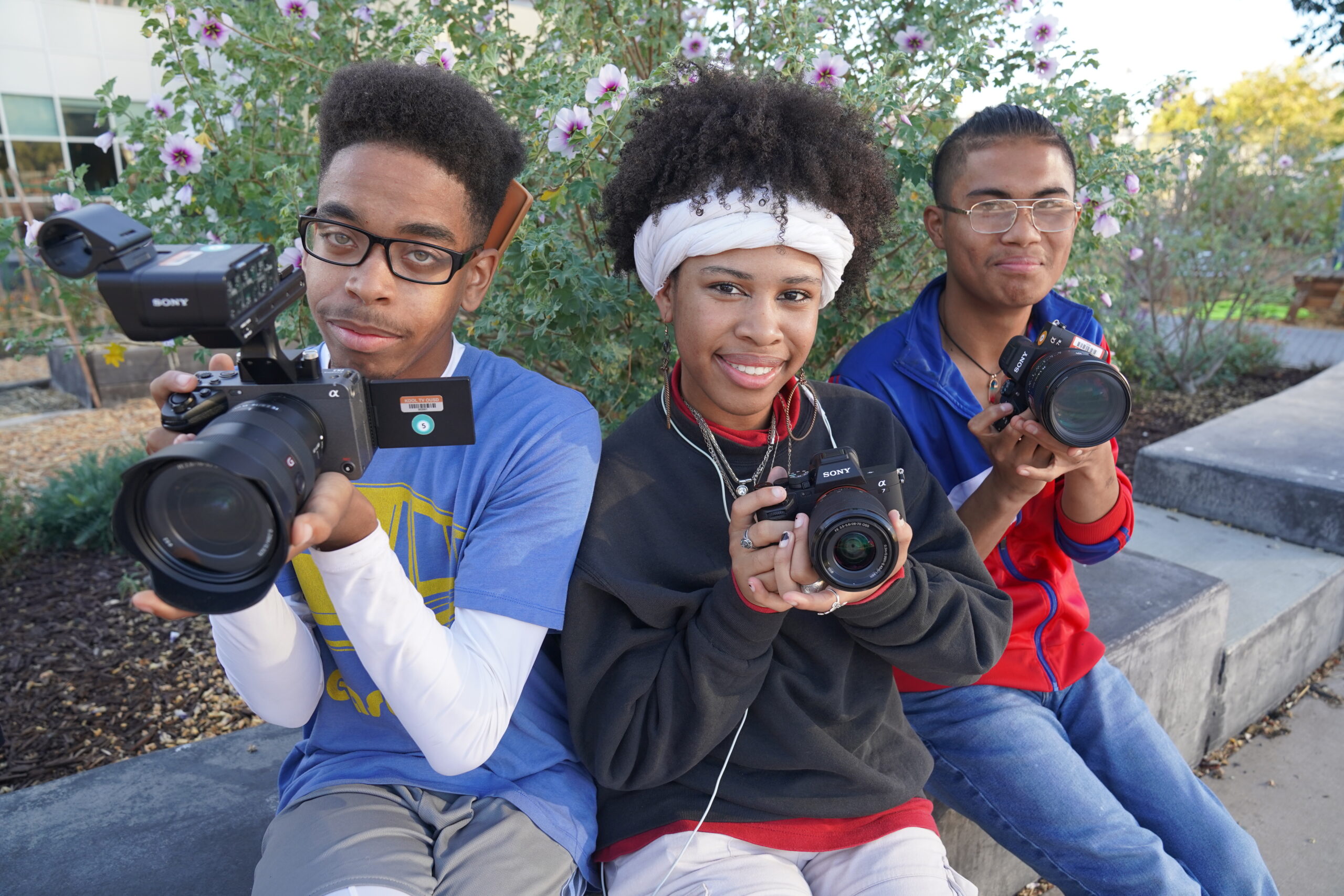
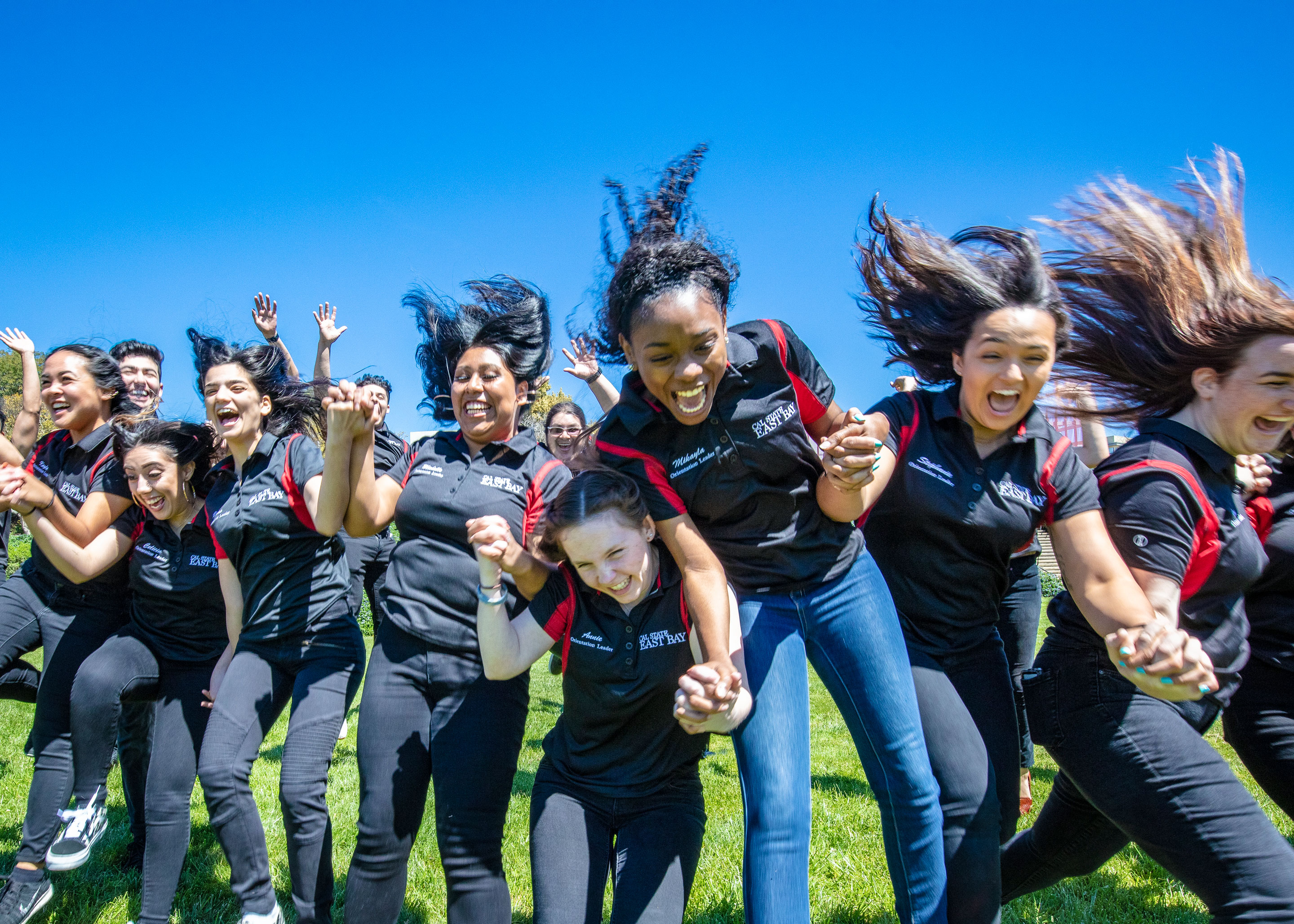
We fund organizations that increase students’ access to services and affordable college. These integrated student supports and policy wins make it easier for students to pursue their education and secure a living-wage job.
Expanding access to quality education and employment opportunities for youth creates a brighter, more equitable future for all. We hope you will join us and our partners to make this vision a reality.
Check out our latest postsecondary success news.
Resources
Understanding students’ evolving needs along the college to career pipeline requires ongoing learning. Check out this collection of resources featuring some of our grantee partners, curated by Cheri Souza and Sandy Liu, a Stupski Postsecondary Success intern alumna, that continues to inform our work.
